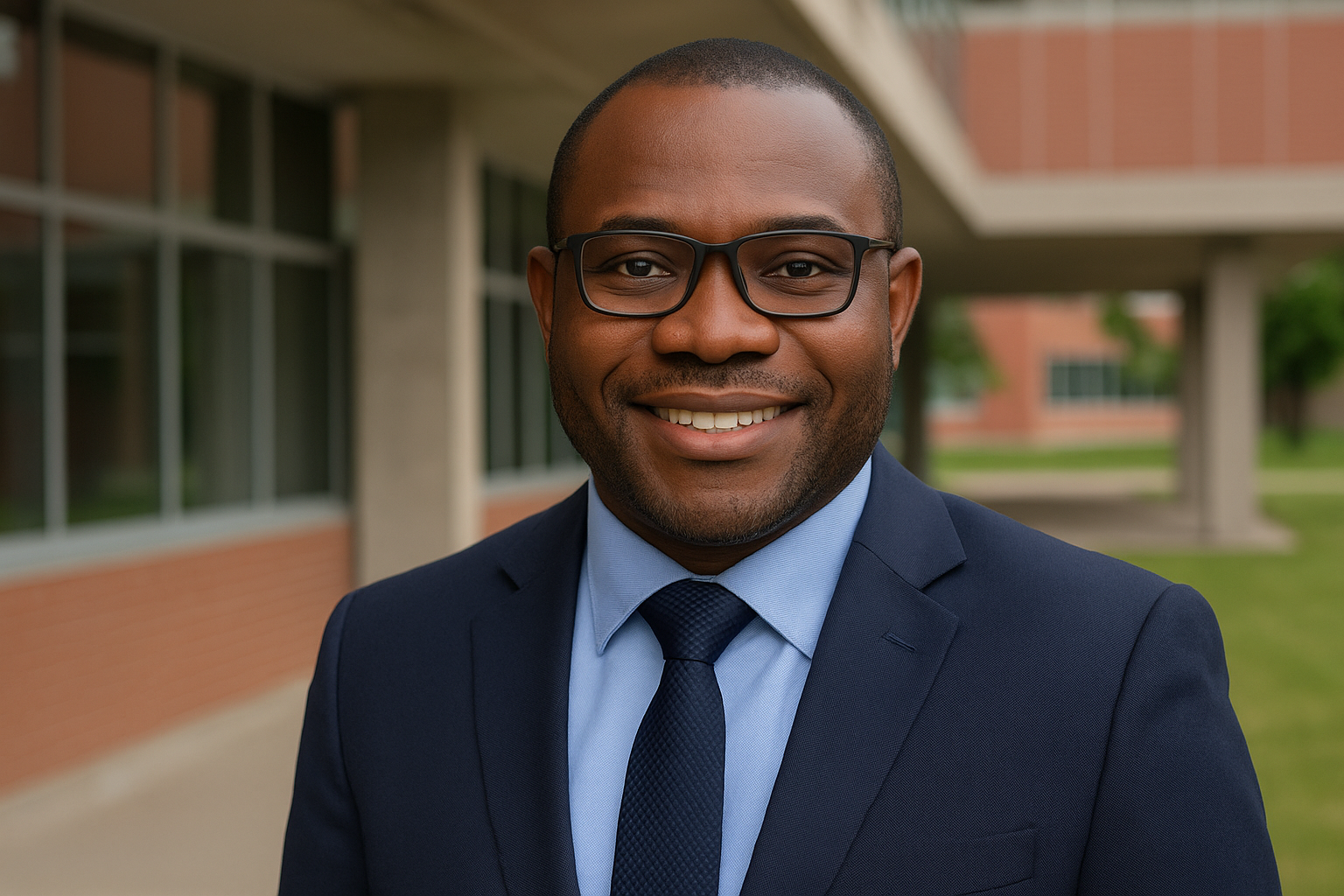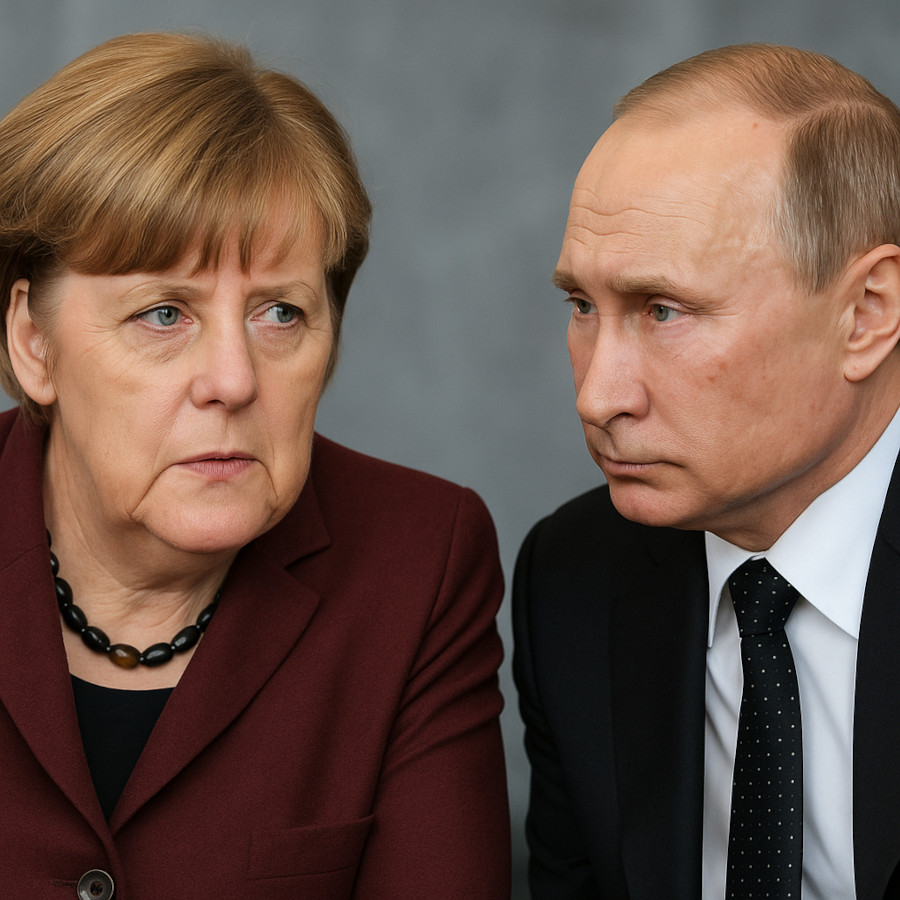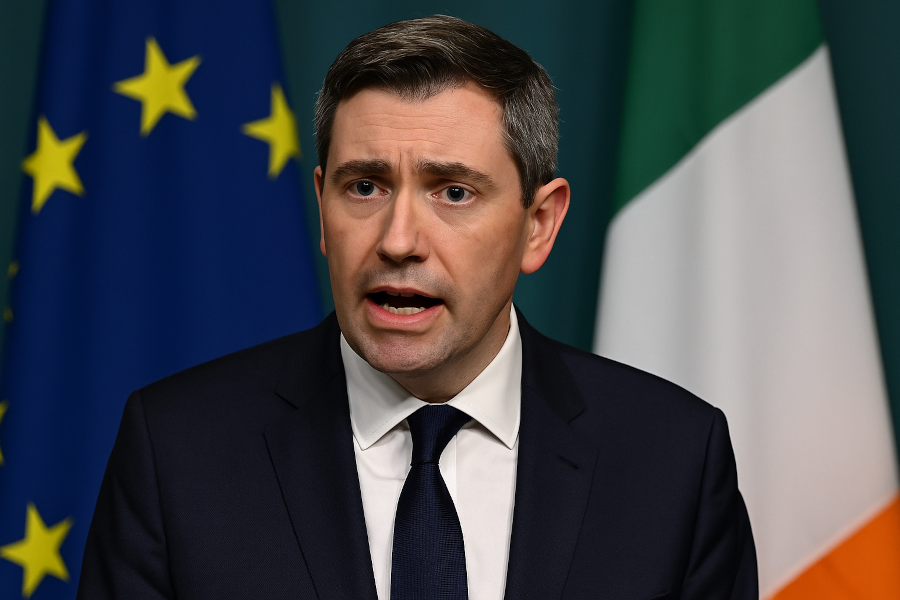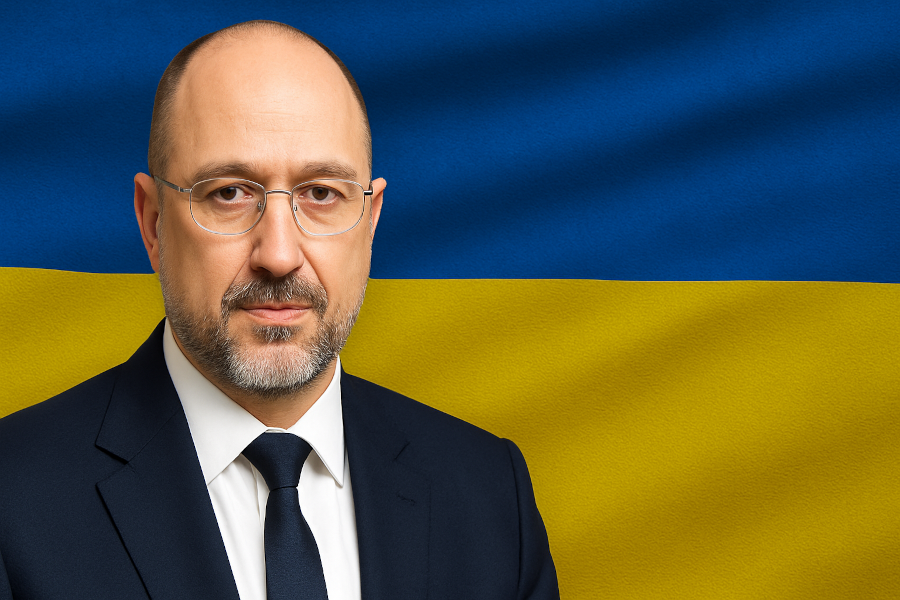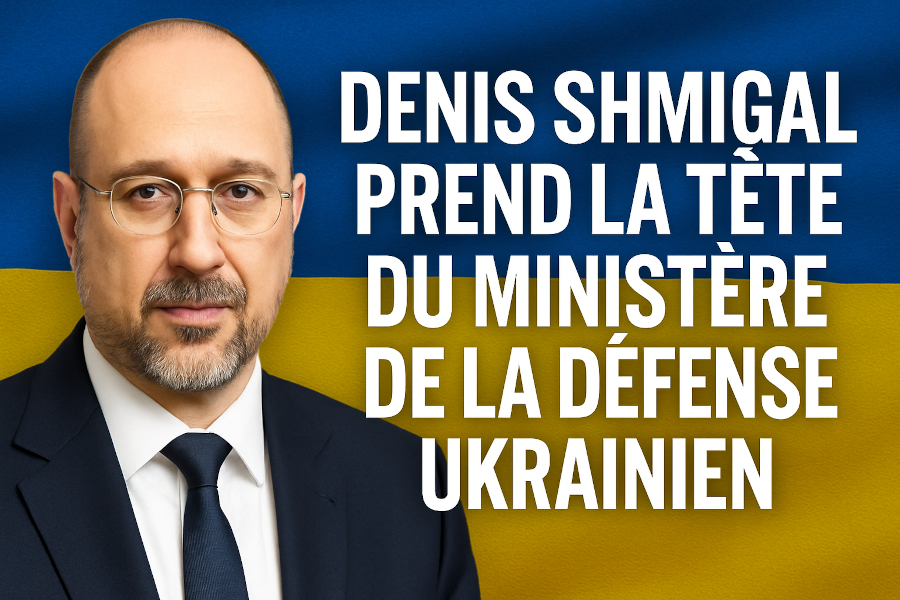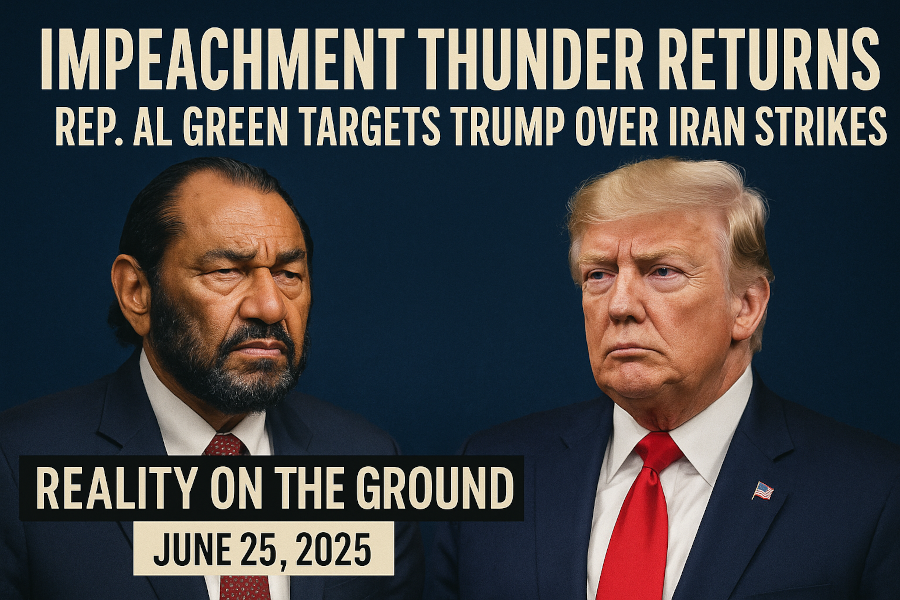In a significant escalation of the Middle East conflict, the United States launched its first air raids on Iranian territory late Sunday, joining Israeli forces in strikes on the Fordow, Natanz and Esfahan nuclear sites. President Donald Trump announced on Truth Social that “a full payload of BOMBS was dropped on the primary site, Fordow,” and urged Tehran to seize the moment for diplomacy, declaring, “it is now time for peace.”
The joint operation, branded by Israel as “Operation Rising Lion,” began over a week ago with preemptive strikes intended to prevent Iran from acquiring a nuclear weapon. Tehran, which insists its nuclear program is purely civilian, denounced the campaign as an act of war and responded with its own missile and drone counterattacks. Iran’s Health Ministry reports at least 430 civilian fatalities and more than 3,500 injuries from the Israeli raids, while Israeli officials say 25 people have been killed and over 2,500 wounded on their side.
The White House released unprecedented images from the Situation Room showing Mr. Trump at the center of the command table alongside Vice President J.D. Vance, Secretary of State Marco Rubio, Defense Secretary Pete Hegseth and Chief of Staff Susan Wiles as American aircraft carried out precision strikes. “This was the hardest target,” an anonymous senior U.S. official told Fox News, referring to the heavily fortified Esfahan facility, “but our pilots executed with spectacular precision.”
United Nations Secretary-General António Guterres condemned the U.S. involvement as “a dangerous escalation in a region already on the edge — and a direct threat to international peace and security,” warning that “there is no military solution. The only hope is peace.” Meanwhile, Yemen’s Houthi rebels threatened to target American warships in the Red Sea should U.S. forces continue their involvement.
In Washington, a rare chorus of dissent emerged from within the president’s own party. Congressman Thomas Massie of Kentucky blasted the strikes on constitutional grounds, tweeting, “This is not Constitutional,” and calling for an immediate return to debate and congressional approval before further military action.
Back in Tehran, parliamentary adviser Mehdi Mohammadi sought to downplay the impact on Fordow, noting that “the site had been evacuated a long time ago and the damages are not irreversible… You cannot bomb knowledge.” Iranian officials, however, have vowed reprisals against any hostile assets, leaving regional capitals on high alert.
In Israel, the military imposed nationwide “essential activity” restrictions, suspending schools, public gatherings and non-essential workplaces in anticipation of possible retaliatory strikes. The Home Front Command urged citizens to adhere strictly to emergency guidelines accessible via its mobile app.
As night fell over the region, diplomats in Vienna, Moscow and Beijing worked behind the scenes to assemble an emergency summit, though Iran has insisted on a full halt to all foreign attacks before returning to the negotiating table. With civilian casualties mounting and the risk of wider conflagration growing, international leaders warn that only a genuine diplomatic initiative can avert catastrophic consequences for the region and the world.
